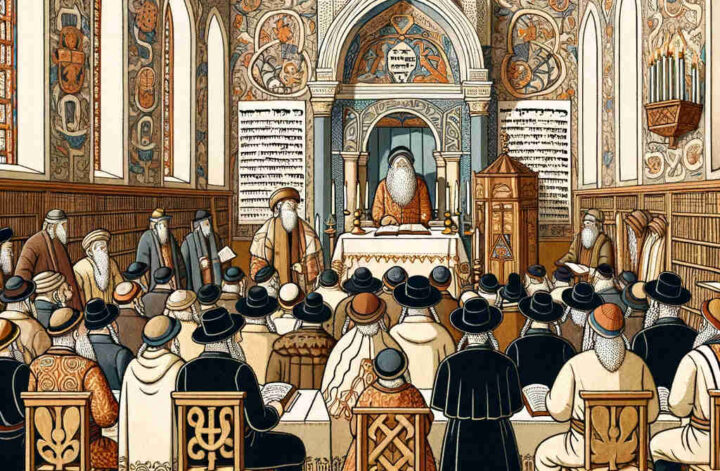Jewish Perspective on Christmas
Understanding Jewish Engagement with Christmas
Email from Jonathan Silver: “Dear Rabbi Joshua, with Christmas being such a major holiday in many countries, I was wondering how Jews relate to this holiday. Do Jews believe in or celebrate Christmas?”
Response from Rabbi Joshua
Shalom Jonathan, your question is quite common, especially given the widespread cultural presence of Christmas. Let’s address how Jews typically view this holiday.
Christmas as a Christian Holiday
Christmas is a Christian holiday that celebrates the birth of Jesus Christ. Since Jesus is not a messianic figure in Judaism, Christmas does not hold religious significance for Jews, and they do not celebrate it as a religious holiday.
Jews and Christmas Celebrations
While Jews do not celebrate Christmas, some may participate in secular aspects of the holiday, such as attending a holiday party or enjoying the festive decorations, particularly in countries where Christmas plays a significant cultural role. However, these actions are cultural rather than religious and do not indicate a belief in the religious aspects of the holiday.
Jewish Holidays Around the Christmas Season
Jews have their own holiday season around the same time of year, which includes Hanukkah, also known as the Festival of Lights. Hanukkah celebrates the rededication of the Second Temple in Jerusalem and is marked by lighting menorahs, eating traditional foods, and playing games.
Respect for Religious Diversity
Within the spirit of respect for religious diversity, Jews recognize the importance of Christmas to Christians and often extend good wishes to their Christian friends and neighbors during the holiday season.
Conclusion
Jonathan, while Jews do not believe in or celebrate Christmas as a religious holiday, they may acknowledge and respect the holiday’s place in the lives of those who do celebrate it. Judaism teaches the importance of respecting all religions and the value of coexisting harmoniously with people of different faiths.
If you have more questions about Jewish traditions or interfaith relations, please feel free to reach out.
Kind regards,
Rabbi Joshua


